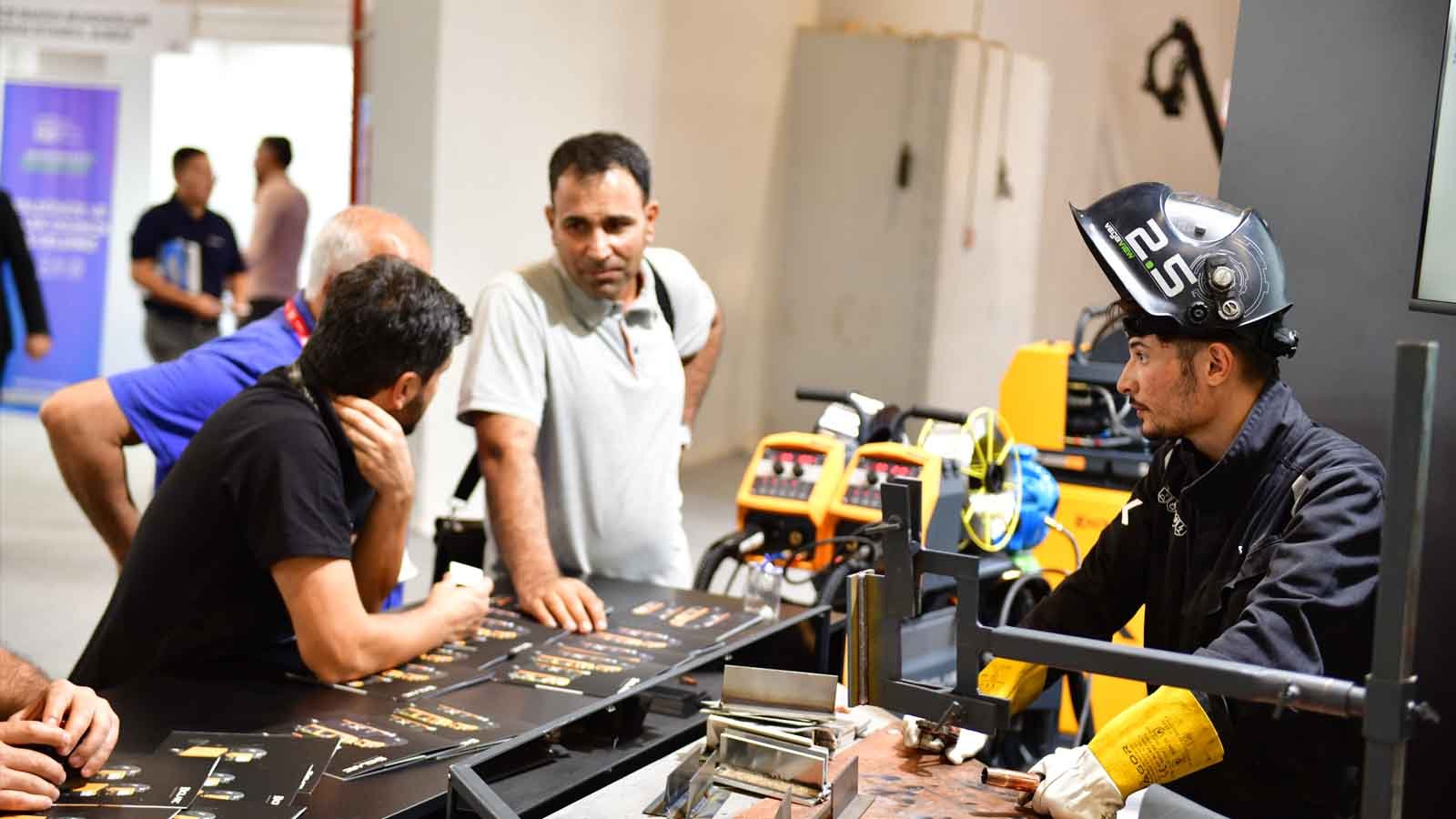Experts highlight the necessity of ground fault circuit interrupters (GFCIs) in pools, emphasizing that these specialized outlets can detect electrical imbalances and automatically cut off power before an electric shock occurs.
Head of the Occupational Health and Safety Department, Dr. Lecturer Rüştü Uçan: “The underground electrical installation in city streets and avenues should be done at a depth of 80 cm.”
Occupational Health and Safety Specialist, Dr. Lecturer Nuri Bingöl: “To cut off the electric current, we should immediately stop the cable contact using an insulating material. Wood can be used for this purpose because it does not conduct electricity; however, the primary action should be to cut off the power source if it is quickly accessible.”
Dr. Lecturer Rüştü Uçan, Head of the Occupational Health and Safety Department at Üsküdar University’s Faculty of Health Sciences, and Occupational Health and Safety Specialist, Dr. Lecturer Nuri Bingöl, discussed electrical shock incidents in pools and water puddles, explaining the necessary safety measures.

Electrical Equipment Used in Pools Must Be Protected by Ground Fault Circuit Interrupters (GFCIs)
Head of the Occupational Health and Safety Department, Dr. Lecturer Rüştü Uçan, provided information about the existing occupational health and safety standards and regulations for electrical safety in decorative pools. He stated, “There is a special type of outlet that can detect electrical imbalances and automatically cut off the power before an electric shock occurs. Ground Fault Circuit Interrupter (GFCI) protection is required for all electrical equipment used in a pool and all outdoor outlets. Use GFCIs to protect yourself from electric shock when using pumps, tools, and lights near water. Never connect portable generators to home circuits.”
Dr. Lecturer Rüştü Uçan emphasized that in decorative pools, hazard zones are established at the project stage, and ground fault circuit interrupters are mandatory in these pools.
How Should Underground Electrical Installation in City Streets and Avenues Be?
Dr. Lecturer Rüştü Uçan emphasized that the underground electrical installation in city streets and avenues should be done at a depth of 80 cm. “Periodic inspections should begin after the facility is commissioned. During any renovations or changes made to the facility, periodic inspections must be carried out. Insulation control is the most important step of the periodic inspection. When interventions by other institutions such as water, sewage, or natural gas are required in the facilities of the electricity distribution company, coordination must be ensured, and compliance checks and insulation tests must be repeated upon completion of the work,” he said.

Ground Fault Circuit Interrupters (GFCIs) Must Be Used in Kitchens, WCs, and Bathrooms
Dr. Lecturer Rüştü Uçan emphasized that a 30 mA ground fault circuit interrupter is mandatory for electrical panels in homes. He stated, “In outdoor areas, damp and wet places, such as kitchens, WCs, and bathrooms, it is essential to use a 30 mA ground fault circuit interrupter.”
Regarding small household appliances, Dr. Lecturer Rüştü Uçan noted the importance of periodic inspections and tests for these devices, stating that such tests are referred to as Portable Appliance Testing (PAT).
First Aid for Electric Shock
Dr. Lecturer Rüştü Uçan outlined the steps for first aid in the event of an electric shock: “First, cut off the electricity from the fuse. If you have a first aid certificate, gently touch the person with the back of your hand, not the palm, and speak to them. If there is no response, begin CPR (2 breaths and 30 chest compressions). If there is an electrical burn, treat it like any other burn: keep the burned area under running water for at least 20 minutes and then cover it with a sterile gauze or clean cloth if available.”
Maintenance and Safety Measures for Wet Areas
Dr. Lecturer Rüştü Uçan noted that with warmer weather, the demand for using wet areas increases, which can pose health risks if regular maintenance and safety measures are not followed.
Importance of Regular Checks for Swimming Pools
Dr. Lecturer Rüştü Uçan pointed out that swimming pools are among the most commonly used wet areas. “Swimming pools require regular inspections, periodic maintenance, and safety measures around the pool. Typically, pool suitability is checked monthly by the Provincial Health Directorates. The primary responsibility for ensuring minimum conditions lies with the operators, while site management is responsible for communal swimming pools.”
Safety Barriers Around Pools
Dr. Lecturer Rüştü Uçan emphasized the importance of safety barriers around pools: “The pool area should be enclosed with safety barriers or railings at least 120 cm high to clearly distinguish it from other common areas.”
Annual Compliance Checks for Electrical Installations
Dr. Lecturer Rüştü Uçan stressed that the insulation of pool materials must be done, and electrical installations should be checked annually for compliance with regulations by authorized companies or the Chamber of Electrical Engineers. He also highlighted the importance of ensuring that the electrical current in the pool is below 50 volts, which is considered safe. Pools should use 12 volts (AC) for lighting and cleaning robots, and filters should be checked regularly for proper condition.
Dr. Lecturer Rüştü Uçan concluded: “In addition to all these measures, health and safety precautions in pools must be implemented and monitored daily by site management or operators, and records of these activities should be kept.”
Occupational Health and Safety Specialist Dr. Lecturer Nuri Bingöl addressed the recent incident in Izmir where two people died from an electric shock in a puddle, emphasizing the critical importance of testing and inspecting underground cables and distribution companies.
Dr. Lecturer Bingöl noted that ground fault circuit interrupters are extremely effective life-saving devices. “These devices are designed to cut off the circuit within a fraction of a second when detecting a leakage current above 30 milliamps, providing strong protection.”
Immediate Intervention Required for Electric Shock
Dr. Lecturer Nuri Bingöl highlighted the need for intervention within two seconds if someone is electrocuted, noting that failure to do so significantly reduces the chances of survival. “To cut off the electric current, use an insulating material to immediately disconnect the cable. Wood can be used as it does not conduct electricity; however, the primary action should be to cut off the power source if quickly accessible,” he said, emphasizing that hitting the person with wood is not a proper method of intervention.

































